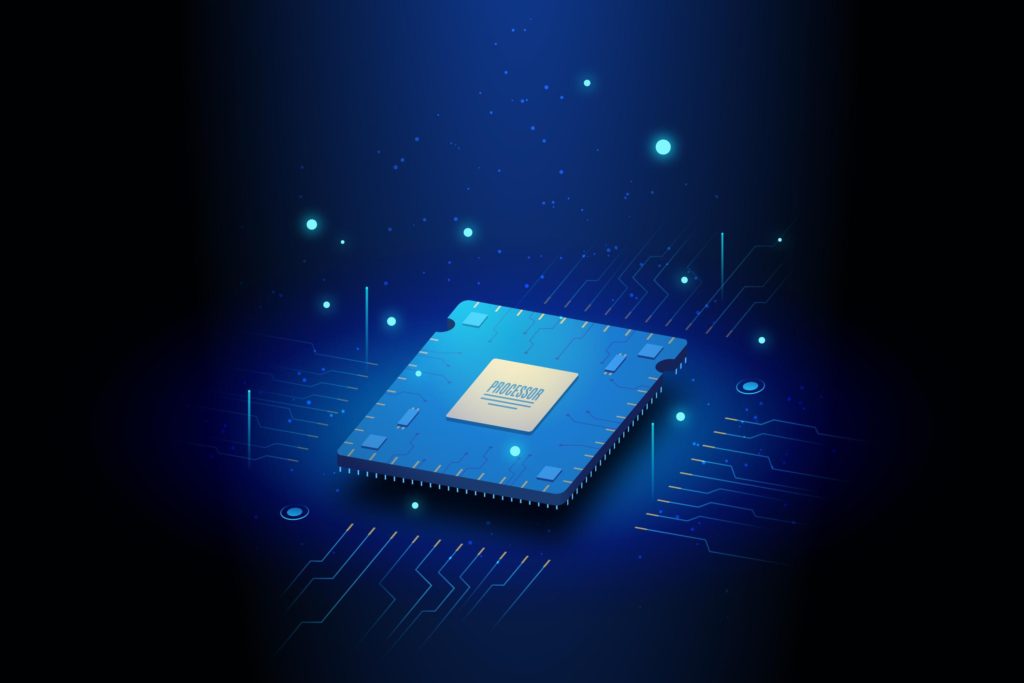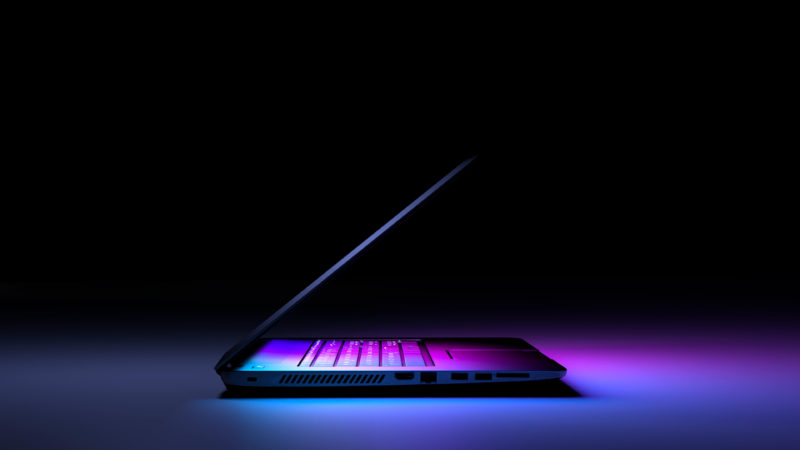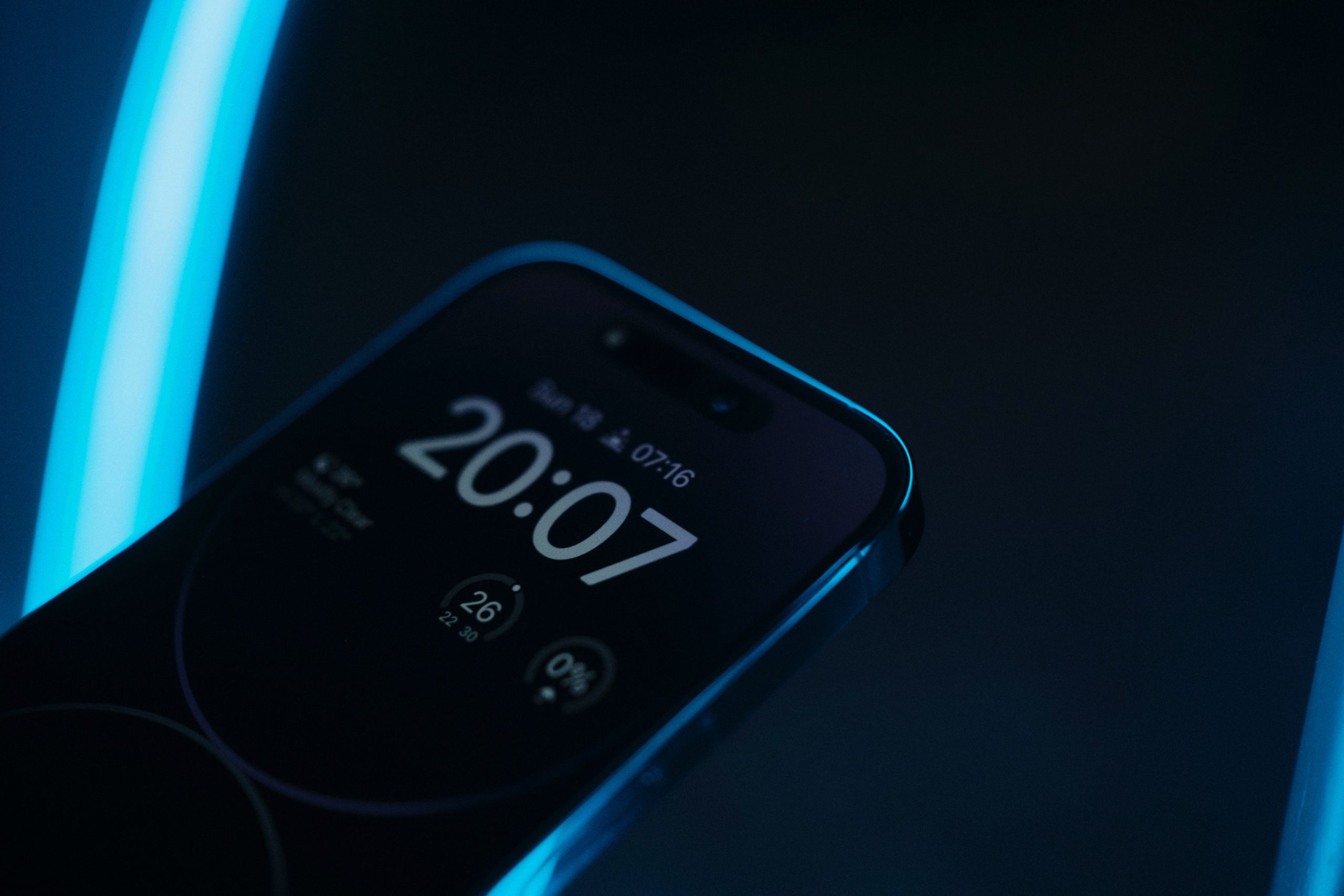What to consider when buying a laptop
When shopping for a laptop in 2022, there are several things to keep in mind in order to get the best value for your money. The first is to decide what type of laptop you need. A business laptop will have different features than a gaming laptop, which will be different from a general-use laptop. Once you know what you need the laptop for, you can start looking at specific features.
Some important features to look for are processor speed, amount of RAM, size and resolution of the screen, and battery life. You should also decide whether you want a Windows-based laptop or a Mac. Each has its own advantages and disadvantages. Finally, be sure to compare prices from different retailers before making your purchase. With careful consideration, you can find the perfect laptop to meet your needs and budget.
1. Processor: the heart of your laptop
When you’re shopping for a new laptop, one of the most important things to look at is the processor. The processor is essentially the heart of your computer, and it’s responsible for handling all of the complex calculations that keep your system running. With that in mind, you’ll want to make sure that you choose a processor that’s powerful enough to handle your needs.
If you’re just using your laptop for basic tasks like surfing the web and checking email, then you can probably get by with a less expensive, lower-powered processor. However, if you’re planning on doing more demanding tasks like video editing or gaming, then you’ll need to invest in a more powerful processor. Intel and AMD are two of the most popular manufacturers of processors, so definitely keep them in mind when you’re shopping around.

2. Display: size, resolution and refresh rate matter
When shopping for a laptop, there are several important factors to consider. First, take a look at the display. Laptops come in a variety of sizes, from smaller 11-inch models to larger 17-inch screens. Resolution and refresh rate are also important considerations. A higher resolution will provide a sharper image, while a higher refresh rate will result in a smoother picture.
If you plan on watching a lot of videos or playing games on your laptop, then these factors will be particularly important. Another important consideration is battery life. If you need your laptop to last all day long, then look for models with 8 or more hours of battery life. Finally, make sure to think about the price. Laptops can range from under $500 to over $2000, so set a budget and stick to it. By taking all of these factors into consideration, you can be sure to find the perfect laptop for your needs.
3. Graphics: from integrated to discrete and beyond
Graphics are one of the most important factors to consider when buying a laptop. Whether you’re looking to do some casual gaming or you need a machine that can handle intensive graphics-based applications, there’s a lot to take into account. The first step is to decide whether you want an integrated or discrete graphics card. Integrated graphics cards are built into the CPU and are generally more affordable, while discrete graphics cards are dedicated cards that offer better performance but also come at a higher price.
If you’re not sure what kind of performance you need, it’s worth doing some research on the types of games or applications you’ll be using before making your final decision. Beyond that, there are also different levels of performance to consider, from entry-level cards to high-end options designed for gamers and professionals. No matter what your needs are, there’s a laptop out there with the perfect graphics solution for you.
4. Storage: SSDs vs HDDs and how much capacity do you need?
When it comes to storage, there are two main types of laptops: those with solid-state drives (SSDs) and those with hard-disk drives (HDDs). SSDs are generally faster and more expensive, but they also tend to have less storage capacity than HDDs. As a result, it’s important to consider how you’ll be using your laptop before deciding which type of storage to get. If you plan on storing a lot of data or if you need speed for intensive tasks like video editing or gaming, then an SSD is a good choice.
However, if you’re on a budget or if you don’t need blazing-fast performance, then an HDD may be a better option. Capacity is another important consideration when choosing a laptop. Most entry-level laptops come with around 128GB of storage, but if you plan on storing a lot of data or if you want to install many programs, then you may need more.
Many higher-end laptops come with 1TB of storage or more, giving you plenty of space for everything you need. Ultimately, the type of storage and the amount of capacity you need will depend on how you plan on using your laptop. If you’re not sure what you need, it’s always a good idea to speak with someone at a store who can help you make the right decision.
5. Battery life: the bane of every laptop user’s existence
When you’re in the market for a new laptop, there are a lot of things to consider. But if there’s one feature that should be at the top of your list, it’s battery life. After all, what good is a laptop if it can’t even last through a full workday? While most laptops these days have decent battery life, there are still a few things to keep in mind.
First, check to see how long the battery is rated to last. This number is usually listed in hours and is an estimate of how long the battery will last under ideal conditions. Second, take a look at the power consumption specs. This will tell you how much power the laptop uses when it’s running on battery power. The more efficient the laptop is, the longer the battery will last.
Finally, keep an eye on your own usage patterns. If you tend to use your laptop for intensive tasks like video editing or gaming, you’ll probably need to recharge more often than someone who just uses it for web browsing and word processing. By taking all of these factors into account, you can make sure you choose a laptop with the best possible battery life.
6. Operating system: Windows, macOS or something else?
Click here to find the best Windows Keys offers
When it comes to choosing a laptop, one of the first decisions you’ll need to make is what operating system you want. Windows and macOS are the two most popular choices, but there are also a number of other options available. Each operating system has its own benefits and drawbacks, so it’s important to choose the one that best suits your needs.
Windows is the most popular operating system for laptops, and for good reason. It’s easy to use and comes with a huge range of software, including all the major office suites. It’s also relatively inexpensive, which is ideal if you’re on a tight budget. The main downside of Windows is that it’s not as secure as macOS, so you’ll need to take extra care when installing and running software.
macOS is only available on Apple laptops, but it’s worth considering if you’re looking for a reliable and secure operating system. It’s not as easy to use as Windows, but it does offer a number of advantages, including better performance and battery life. macOS is also much more secure than Windows, so you can rest assured that your data is safe. However, it is more expensive than Windows, so it might not be the best option if you’re on a tight budget.
If you’re not sure which operating system to choose, it’s worth doing some research to see which one will best suit your needs. Ultimately, the decision comes down to personal preference, so it’s important to choose the one that you feel most comfortable using.
7. Ports and connections: what do you need to connect to?
When looking for a new laptop, one of the most important things to consider is what sorts of ports and connections it has. After all, if you can’t connect your laptop to the devices and peripherals you need, it’s not going to be very useful. Most laptops will have at least some basic ports and connections, such as USB, HDMI, and Ethernet.
However, if you need more specialized connectivity, such as Thunderbolt 3 or SD card reader, you’ll need to make sure that your chosen laptop has the right ports. Once you’ve determined what sorts of connections you need, you can narrow down your options and find the perfect laptop for your needs.
8. Weight
When buying a laptop, weight is an important consideration. Laptops come in a wide range of sizes and weights, from ultra-portable models that weigh less than three pounds to heavyweight gaming laptops that can tip the scales at over eight pounds. Obviously, the lighter the laptop, the easier it will be to carry around. However, weight is not the only factor to consider.
Ultrabooks and other light laptops often have smaller screens and keyboards, which can make them difficult to use for extended periods of time. In addition, many ultralight laptops have less powerful processors and smaller hard drives, which can negatively impact performance. So when choosing a laptop, be sure to strike a balance between the weight and other features that are important to you.
When it comes to laptops, there is no one-size-fits-all solution. The best laptop for you will depend on your individual needs and preferences. However, by considering the factors discussed in this article, you should be able to narrow down your choices and find the perfect laptop for your needs.
If you want to know how to find the best laptop deals in the UK click on the blog below
Technoun provides the latest news, and trending topics on the ongoing tech trends. To have a good read follow: https://technoun.com/









